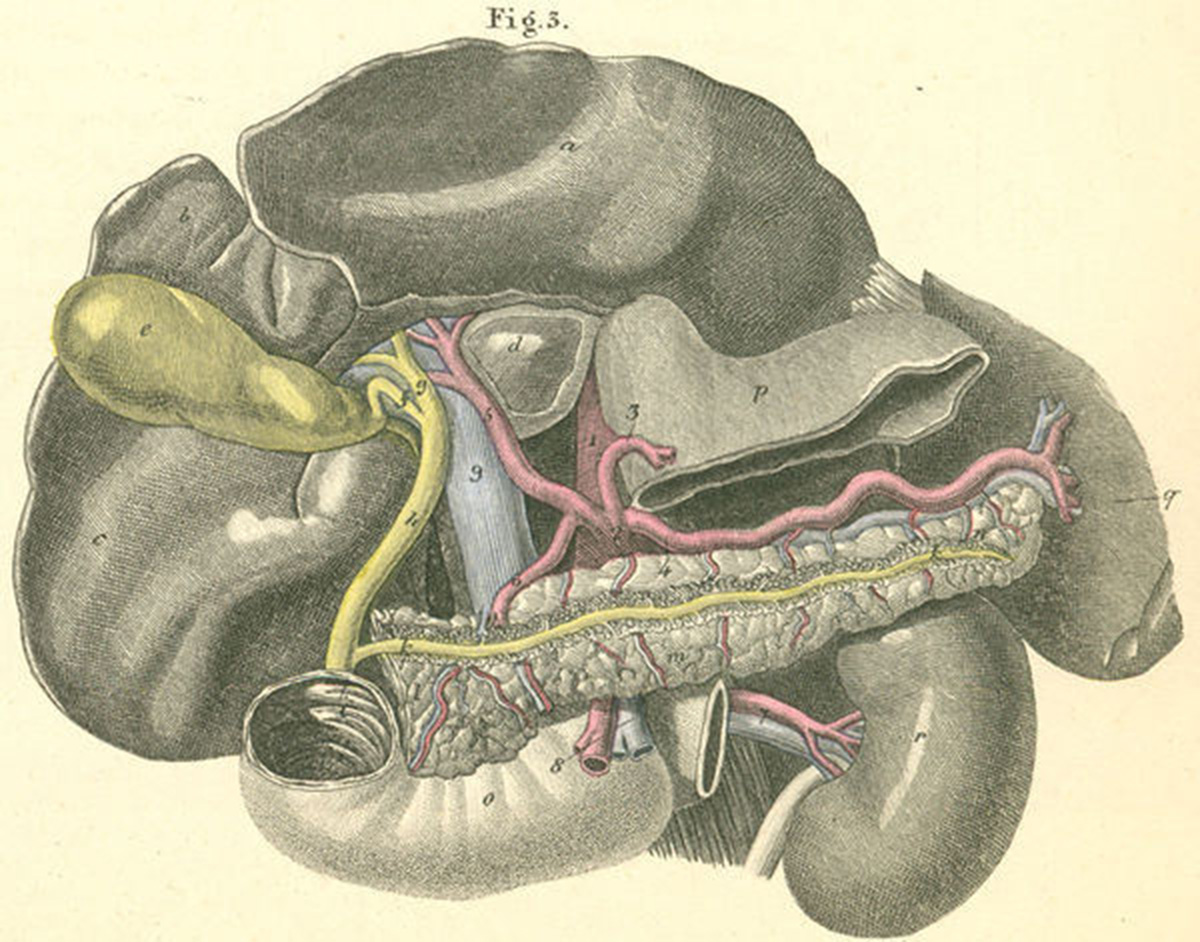Table of Contents
Complications of a Splenectomy
Apart from the ever present risk of any surgical procedure, there are further complications that can arise following the removal of your spleen. The number one risk is the development of infections, as without the spleen the body’s ability to fight off infection is very poor. The type of infections can include haemophilus influenza, streptococcus penumoniae, and Neisseria meningitides. These types of bacteria can cause meningitis, pneumonia, both of which can be life-threatening illnesses.[3]
To help prevent these serious bacterial infections, there are some vaccinations that can be given. These are often given around 2 weeks before the splenectomy, where possible. Of course, in the case of traumatic injury, this isn’t possible. In this scenario, the vaccinations can be given 2 weeks following the splenectomy.

For children who have their spleen removed, they are generally prescribed daily antibiotics, until they reach adulthood. This is not necessary for adults, as their immune system is generally stronger, and there is a lower chance of developing the infections. However, if the person has other medical issues that affect their immunity, an adult may also be put on daily antibiotic treatment.[4]
Certain precautions should be taken following a splenectomy if you are planning to travel, especially on trips to other countries. If you are taking regular antibiotics, it is a good idea to take a good supply with you, just in case they are not available where you are going. Also, all possible vaccinations should be done to prevent the development of foreign infections. Some countries have a lower standard of medical treatment and care, and depending on where you are going, there may be a shortage of medicines available. Your doctor will be able to advise you on what you need to take with you.
What Is the Long-Term Prognosis?
Many people go on to live full and healthy lives without their spleen. If you are generally healthy without any complicating medical problems, you are going to be less at risk of developing dangerous infections. In saying that though, you will also need to keep a good eye on your health, and regular medical check-ups will be necessary. For some, vaccinations and antibiotics for prophylaxis may be a requirement, particularly in children.[3,4]
There has been some debate about prophylactic antibiotics, given the development of antibiotic resistant organisms. These so-called ‘superbugs’ such as MRSA have become resistant to common antibiotics, resulting in difficult to treat and sometimes life-threatening infections. However, the benefits of prophylactic antibiotics in those without a spleen outweigh the risk, and for some, it is the only way to ensure they stay healthy.
READ Diet After Gallbladder Removal
Staying Healthy
Your doctor will be able to advise you on the best possible way to protect your body and your immune system following the removal of your spleen. This may include diet, exercise, lifestyle changes, and daily medication. This doesn’t mean your life will be shortened by any degree, it simply means that you will need to be more aware of how your body is functioning and be ready to seek medical attention at the first sign of illness.
Preservation of the spleen following abdominal trauma and spleen-preserving surgical procedures are still the golden standard. However, about 22,000 splenectomies are still conducted annually in the USA, and infections are the most well-known complications following splenectomy. The latest reports recognize thrombosis and cancer as one of the most threatening outcomes after removal of the spleen (splenectomy), adding pneumonia, meningitis, and septicemia, deep venous thrombosis and pulmonary embolism, certain solid tumors and hematologic malignancies (non-Hodgkin lymphoma, Hodgkin lymphoma, multiple myeloma, acute myeloid leukemia, chronic lymphocytic leukemia, chronic myeloid leukemia, and any leukemia) to the list. [5]
- Photo courtesy of garysoup: www.flickr.com/photos/garysoup/3737047949/
- Photo courtesy of garysoup: www.flickr.com/photos/garysoup/3737047949/
- Photo courtesy of Knowledge collector: www.flickr.com/photos/133115863@N08/18693543542/


Your thoughts on this